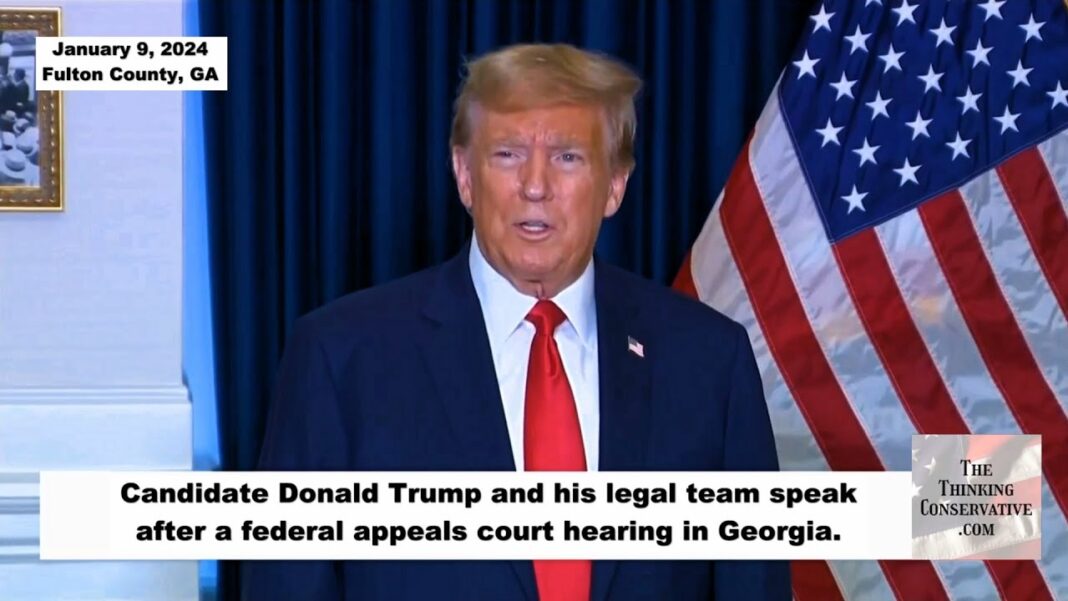If passed by both chambers, this deal would ensure that the government stays open past the Jan. 19 deadline.
Senate Majority Leader Chuck Schumer (D-N.Y.) and House Speaker Mike Johnson (R-La.) on Jan. 14 evening unveiled the text of another stopgap funding bill that is set to be brought to the floor this week ahead of a key shutdown deadline.
The bill, known as a continuing resolution (CR), would fund the government at current levels and extend the deadlines for a government shutdown to March 1 and March 8.
“The bipartisan topline funding agreement reached ensures that America will be able to address many of the major challenges our country faces at home and abroad,” Mr. Schumer said in a statement.
“To avoid a shutdown, it will take bipartisan cooperation in the Senate and the House to quickly pass the CR and send it to the President’s desk before Friday’s funding deadline,” the Senate majority leader added.
The deal was negotiated between Mr. Schumer, Mr. Johnson (R-La.), House Minority Leader Hakeem Jeffries (D-N.Y.), Senate Minority Leader Mitch McConnell (R-Ky.), and the White House.
The bill would avert a partial government shutdown currently set to begin on Jan. 19 and a later shutdown on Feb. 2 due to the “laddered” nature of the previous stopgap funding bill.
Mr. Johnson in a Jan. 14 statement said the CR “is required to complete what House Republicans are working hard to achieve: an end to governance by omnibus, meaningful policy wins, and better stewardship of American tax dollars.”
But the right-flank of the House Republican conference has indicated they would not support another stopgap funding bill.
The House Freedom Caucus was swift in dismissing the proposal, writing in a post on X, “This is what surrender looks like.”
Given this opposition, the bill would likely need bipartisan support in both the House and the Senate to pass and send to President Joe Biden’s desk before the Jan. 19 deadline.
Many staunch conservatives in the conference view funding deadlines as a prime opportunity to win concessions on spending and border policy from the Democratic Senate and White House.






